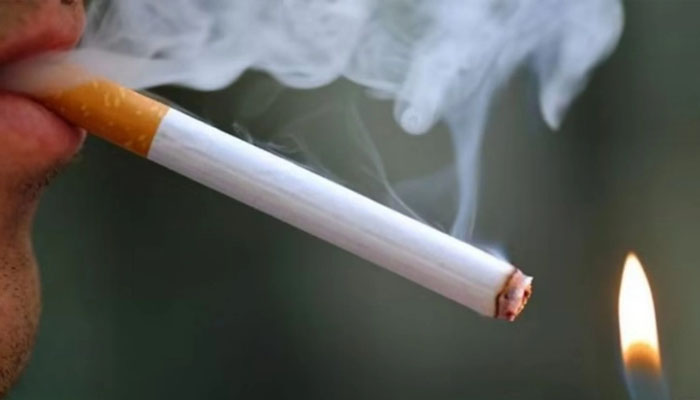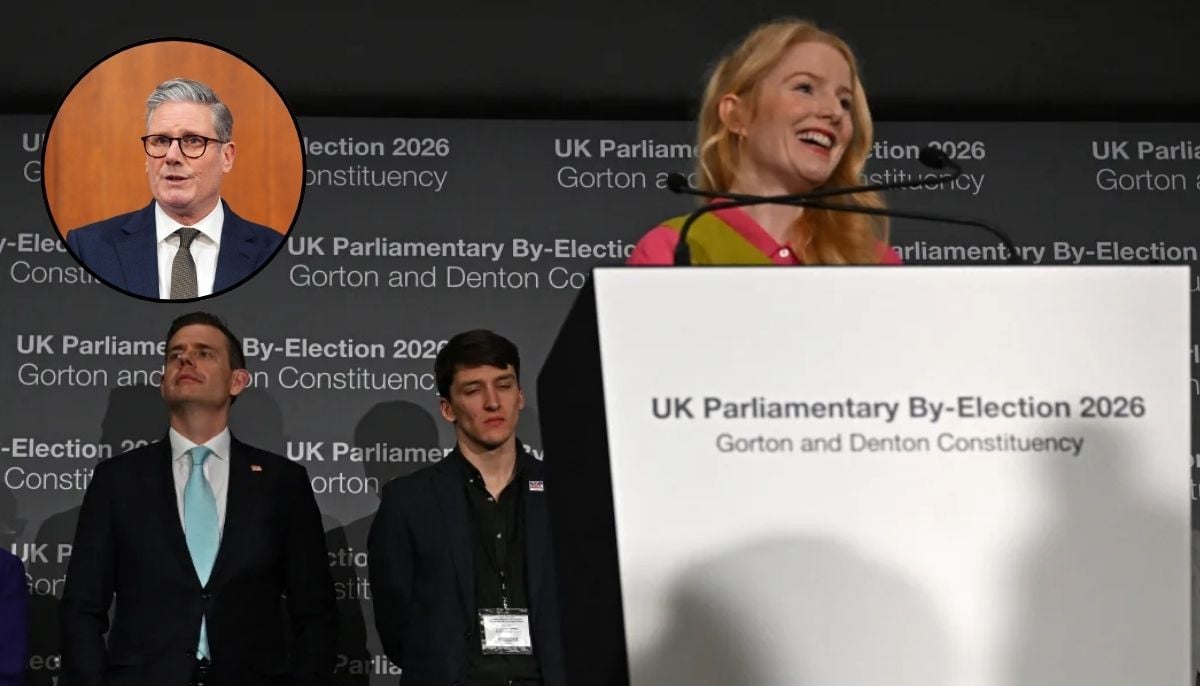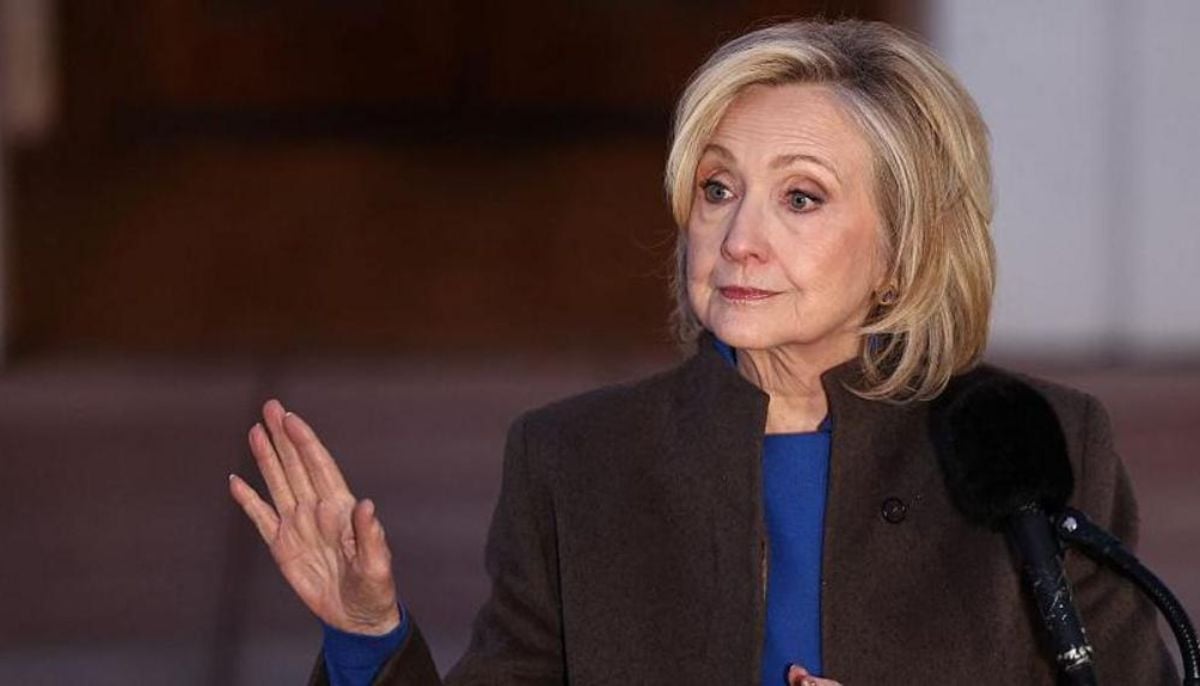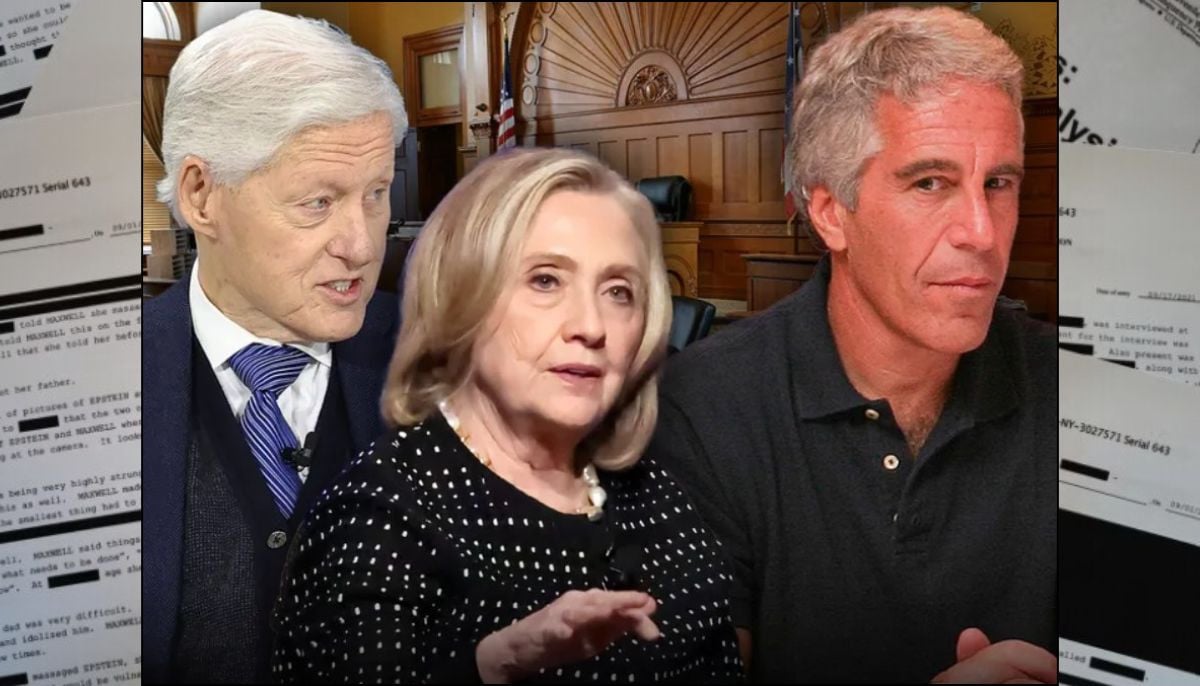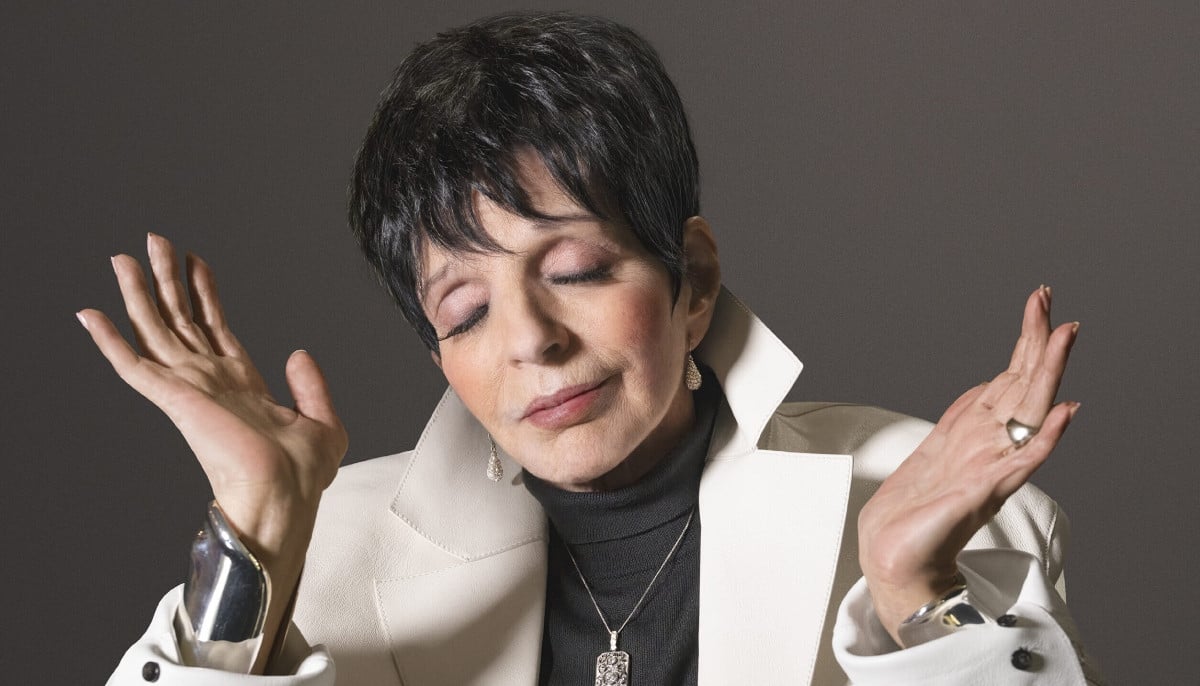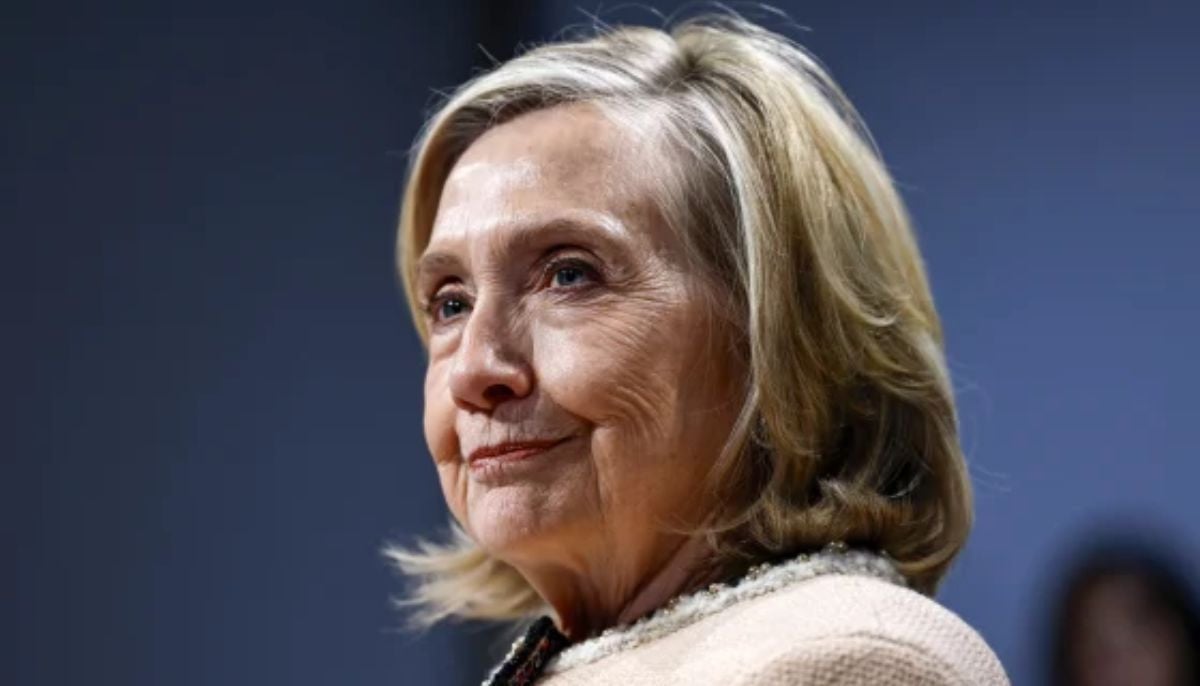Shocking: New Zealand lifts smoking ban to rake in revenues at cost of next gen's health
New Zealand's smoking prohibition was led by Jacinda Ardern banning the sale of cigarettes to anybody born after 2008
New Zealand's new government has said that it will repeal the world-renowned smoking prohibition led by Jacinda Ardern banning the sale of cigarettes to anybody born after 2008 in order to pay for tax breaks
Since smoking is the primary avoidable cause of death in New Zealand, the policy's goal was to discourage the habit from spreading to the next generation.
The abrupt shift has drawn harsh criticism from medical professionals.
"We are appalled and disgusted... this is an incredibly retrograde step on world-leading, absolutely excellent health measures," said Prof Richard Edwards, a tobacco control researcher and public health expert at the University of Otago.
"Most health groups in New Zealand are appalled by what the government's done and are calling on them to backtrack," he told the BBC.
The major modifications in the law that were approved last year were supported by research models, and it received praise on a global scale.
Reducing the amount of nicotine in cigarettes and limiting the number of tobacco shops were two of the measures.
According to Modelling, the Smokefree regulations have the potential to save up to 5,000 lives annually.
The UK government announced a similar restriction on youth smoking in September, allegedly as a result of New Zealand's rules. Prime Minister Rishi Sunak's stance has not altered in response to New Zealand's reversal, according to a spokesman.
Despite being applauded as a public health initiative, several business organisations in New Zealand opposed the Smokefree laws. Even with government subsidies, corner stores and newsagent owners decried the revenue loss.
A few MPs, among them the recently appointed prime minister Chris Luxon, contended that outlawing tobacco would create a black market.
But during the election campaign, his National party—which received 38% of the vote on October 14—had made no mention of the Smokefree regulations. Health specialists were taken aback when the government announced on Saturday that it would abolish the legislation since they had assumed the policy would remain intact. Nicola Willis, the new finance minister, made this revelation.
However, Willis claimed that the libertarian Act and the populist New Zealand First, National's allies in the ruling coalition, had been "insistent" in their efforts to undo the legislation.
In spite of winning the election, the center-right National Party has been engaged in weeks-long policy talks with the two smaller parties in an attempt to establish a government.
Six weeks after the election, on Friday, a compromise was finally reached that would allow the new administration to take office on Monday. With 6% of the vote, New Zealand First was the only party to advocate for the removal of the smoking ban.
A national flagship programme to allow foreign property ownership was vetoed by both minor parties. The party had been depending on this policy to pay for tax cuts for middle-class and upper-class earnings. On Saturday, Willis stated that the party had looked elsewhere as a result.
"We have to remember that the changes to the Smokefree legislation had a significant impact on the government books, with about a billion dollars there," she told New Zealand broadcaster TV3's Newshub Nation.
The government still has a majority in parliament, where the legislation must be actively overturned.
"The suggestion that tax cuts would be paid by people who continue to smoke is absolutely shocking," Emeritus Prof Robert Beaglehole, chair of New Zealand's Action for Smokefree 2025 committee told Pacific Media Network.
A national Māori health organisation, Hāpai Te Hauora, called it an "unconscionable blow to the health and wellbeing of all New Zealanders".
Experts have stated that the legislation will have the greatest positive effect on New Zealand's indigenous Māori people, as they have the highest rates of smoking and related diseases and health problems.
-
Lindsay Lohan on 'confusing' teen fame after 'Mean Girls': 'I should have listened to my mom and dad'
-
Savannah Guthrie mom update: 'Today' show sees huge ratings boost amid search for Nancy intensifies
-
Hillary Clinton to testify in Epstein probe alongside Bill Clinton
-
Liza Minnelli reveals rare traits she is looking for in new lover after series of failed romances
-
EU court adviser rejects Meta Platforms challenge over Facebook data
-
Oscar nominated Michael B Jordan reveals one 'Sinners' scene entire cast saw filmed
-
World Economic Forum CEO Borge Brende steps down following Jeffrey Epstein ties controversy
-
Hillary Clinton set for deposition before House committee today in Jeffrey Epstein investigation case
